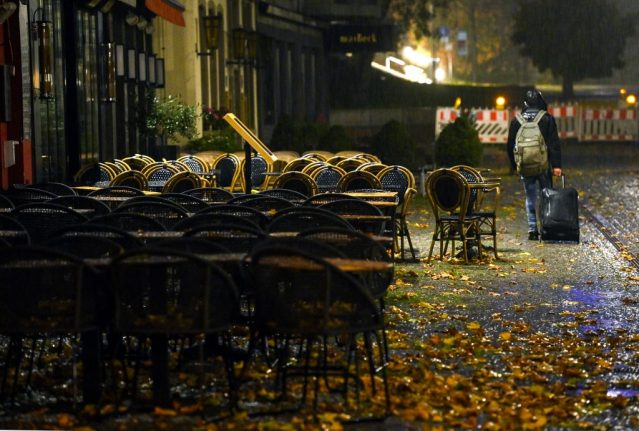Syna said it still saw an increase in the number of orders for payment for Swedish companies in March. The number continues to remain at elevated levels and compared with 2008, Syna has seen an increase of over 20 percent in orders for payment.
“In 2009, we saw that the sharp increase in the number of orders for payment was followed by a sharp increase in bankruptcies,” Harald Stjerna, information officer at Syna, said in a statement. “It is a positive sign that the number of orders for payment is now in decline. It will hopefully lead to the wheels starting to spin a bit faster again.”
Enforcement officers had much to do last year in the wake of the financial crisis and recession. However, there has been a turn for the better as the economic situation improves.
Only a few counties saw the number of orders for payment increasing, Syna reported. In large cities, the number of orders for payment fell on a broad scale in April. Only companies in Örebro county went against the tide. They experienced an increase in the number of orders for payment of 35 percent.
“The number of orders for payment will continue to remain at elevated levels and compared with the same period in 2008, we see an increase of over 20 percent,” warned Stjerna.
Sharp increases in the number of orders for payment lead to further economic problems both for companies that do not pay their bills and those who do not get paid. A rash of payment orders is a serious payment default signal that probably no business would want to bring upon itself.
The stabilization within Swedish industry that many have talked about has resulted in companies reaching out to each other. This may be a sign that Swedish companies are now beginning to catch up with payments.
“It is very gratifying that Swedish companies are now beginning to catch up with payments,” said Stjerna. “Unpaid bills create uncertainty among many and may have consequences for a long time.”


 Please whitelist us to continue reading.
Please whitelist us to continue reading.
Member comments